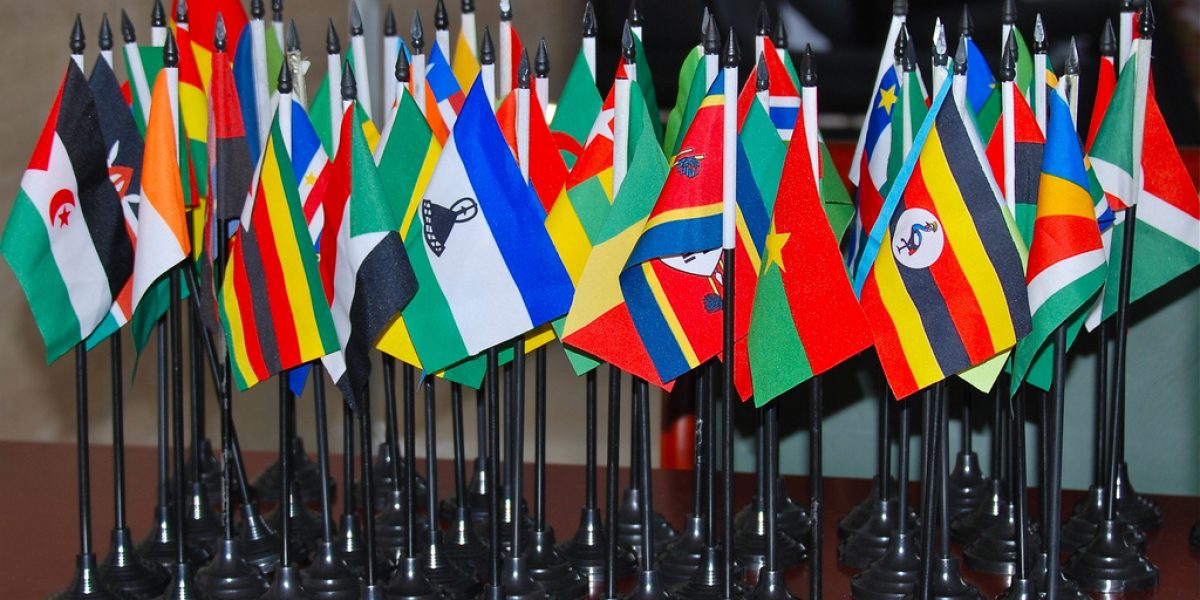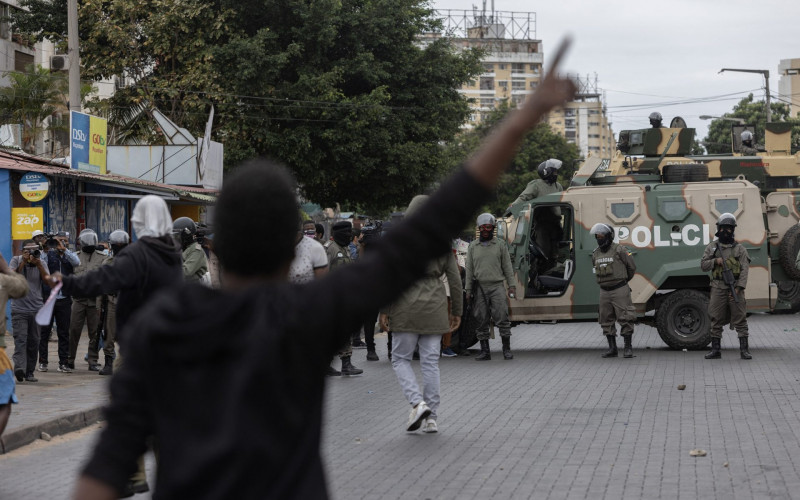This initiative is too important to be left to the politicians and need not be rushed. The APRM is a process that has civil society at its core, and the lessons from other countries suggest we have much to learn and to do to get it right.
South Africa is a leading member of the New Partnership for Africa’s Development (Nepad) and African Union (AU), and it will be emulated, whether we get it right or wrong.
We believe South Africa has little to fear from peer review, although a thoughtful process will reveal problems that need attention.
While the government of Rwanda claimed to have extensively consulted civil society on its submission to the APRM, the process of evaluating Rwanda’s political, economic and corporate governance systems, in reality, bore the heavy imprint of State House in Kigali.
Despite pressure from the APRM Secretariat, the structure Rwanda adopted to oversee its report was an unwieldy 50-member committee, all but a handful of whom were in the government.
When South African Institute of International Affairs (SAIIA) researchers asked Rwandans for their opinions about the big governance issues in their country in 2004, the answers given in public differed vastly from those submitted anonymously. Government firmly dominated the entire process in Rwanda.
Ghana’s national methodology was far more open, transparent and inclusive, and was spearheaded by civil society rather than government. Its seven-member National APRM Governing Council was mainly composed of respected senior lawyers, academics, diplomats and civil society representatives.
The council was given the same autonomy and protections as Ghana’s human rights watchdog or auditor-general, and it soon moved the APRM headquarters out of the ministry of Nepad and Regional Development to demonstrate its independence from government.
Unlike many Ghanaian organisations, its members did not have to swear an oath of allegiance to the president. Ghana also selected four credible independent research institutions to do the bulk of the analytical work in the four major sections of the APRM (democracy and political governance, economic governance and management, corporate governance and socio-economic development).
Each of these think-tanks generated reports that ran into hundreds of pages. Although neither the Ghanaian nor Rwandan reports have yet been published, there is widespread agreement that Ghana’s methodology produced a far more balanced, honest and productive assessment of where that country stands and how to correct its shortcomings.
It took the pressure of civil society to change the process in Ghana, though. When SAIIA conducted a workshop in Accra early last year, the Ministry for Nepad and Regional Co-operation announced to civil society representatives that it had already undertaken extensive consultations and was ready to be reviewed, even though the APR process itself had not yet been defined.
An enormous argument erupted as civil society organisations (CSOs) hammered the ministry’s representative over the credibility of the process, the quality and independence of those hand-picked by government to be on the governing council, and the lack of genuine and meaningful engagement with Ghanaians.
After a few frantic cellphone calls to senior government members, the ministry agreed to fundamentally rethink the process.
Trying to rush a national APR self-assessment in South Africa or elsewhere will not be an informed action, as it took Rwanda, Ghana, Kenya and Mauritius much more time.
Concerned about the tight timetable, perceived government dominance and a lack of full information about how the South African process will be managed, four groups hastily convened a joint workshop to galvanise civil society.
The SAIIA, the South African National Non-Governmental Organisation Coalition (Sangoco), the South African Council of Churches (SACC) and Transparency South Africa (T-SA) met with other research institutions, NGOs and community-based groups on September 22.
The workshop discussed the ABCs of peer review, examined lessons from early APR countries and caucused for a national consultative conference being convened by government for September 2 and 29 at Gallagher Estate in Midrand, where South Africa’s APRM Governing Council will be chosen.
“The whole APRM process is supposed to be very transparent,” Dr Chris Stals, the member of the APRM’s Panel of Eminent Persons who oversaw the process in Ghana, told the workshop.
“Ghana’s government did not dominate the process; their governing council was representative of all stakeholders, and I think it was a very good example of how the process should be done. It is up to civil society to make this case to the APR panel, and I think you will have a sympathetic audience.”
At the workshop, officials from the Public Service and Administration minister’s office assured civil society that South Africa’s APRM Governing Council would be in charge of the process, meaning that South Africa’s report will be written and governed by all the parties within the governing council.
This is supported by civil society, but we are concerned by comments made by a government representative at the workshop that the Minister’s office or staff will edit the report.
The APRM experiences in other countries show that better results emerge when honesty and openness, including robust discussion, are allowed to bloom.
Positive achievements do deserve to be noted, but the most important purpose of APRM is to find problems and fix them. This requires a well-planned and open process.
Colm Allan of the Public Service Accountability Monitor (PSAM) noted at the workshop that more than 60% of government spending is at provincial and municipal level.
“It would be utterly impossible for civil society – even research bodies like ourselves who work in the field – to make an intelligible input on governance gaps in the nine provincial governments with only a month to prepare,” he said.
Allison Tilley of the Open Democracy Advice Centre vented her frustration about how government says it wants consultation and is flexible, but in fact does not deal appropriately with inputs. “We have a lot of interest in the APRM process and notified the Department of Public Service and Administration of this in January,” she said.
“We requested to be kept informed and were assured the department would do so. But I had to keep phoning every week and use contacts I know to get an invitation. That’s not appropriate in a process like this. What about less determined groups without the time and money to push that hard? How will they be heard?”
South African CSOs are taking a leaf out of Ghana’s book. Those at the meeting resolved to influence the process. A diverse array of CSOs and NGOs will attend the national consultative conference. They will push for two-thirds of the members of the South African governing council to be drawn from civil society.
They will advocate a significant time extension. They will insist on moving the writing and editing functions out of the minister’s office to be under the governing council’s control and they have drawn up a set of principles the APRM process in South Africa should embody, including transparency, accountability, frankness and fairness.
We hope government will welcome the interest shown by civil society in the APRM and accept that democracy is an interactive process where draft plans are modified when they are shown by its citizens to be both inappropriate and unrealistic.
We need to get off on the right foot for APRM.







